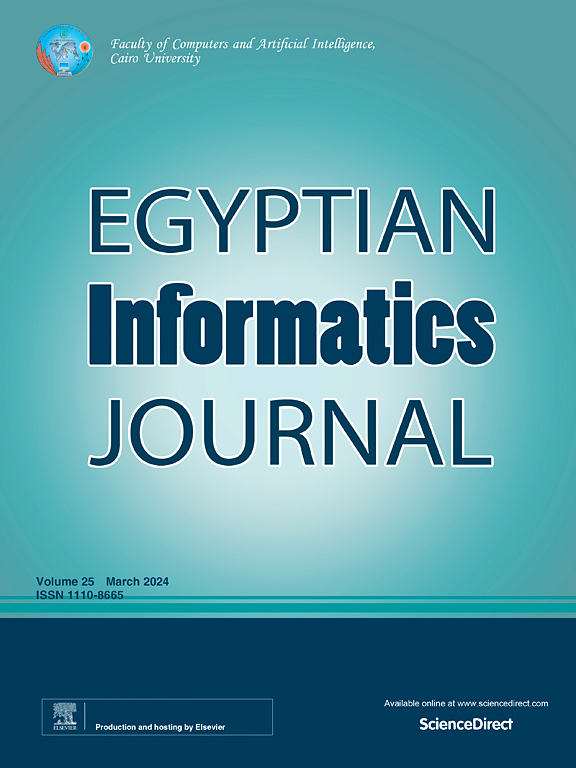气候适应型水资源管理:利用物联网和人工智能促进可持续农业
IF 4.3
3区 计算机科学
Q1 COMPUTER SCIENCE, ARTIFICIAL INTELLIGENCE
引用次数: 0
摘要
气候变化是一个地区的环境条件发生永久性变化的现象。然而,它现在正在通过引起永久的季节变化来影响地球。这种季节变化不仅缩短了作物的生长期,减少了作物的产量,而且严重影响了灌溉用水的供应。本文讨论了利用物联网(IoT)等先进技术减轻气候变化影响的灌溉管理策略。物联网是通过互联网连接的智能传感设备的设置。他们从现场收集数据,并使用基于人工智能的算法模型进行分析。利用人工智能(AI)通过减少环境中重要资源的浪费来缓解气候变化影响的灌溉管理策略尚未被许多发达国家采用。本文简要介绍了人工智能在智慧农业中的应用。手稿进一步描述了通过自动化传统农业实践,有效利用传感器、物联网和人工智能来保护农业系统免受水资源短缺和洪水影响的想法。不同的可变速率应用,智能灌溉方法,如基于天气的智能灌溉和基于湿度的智能灌溉进行了讨论。不同的国家采用了不同的智能灌溉技术,这些技术可以有效地缓解气候变化,并讨论了这方面的案例研究。此外,本文还讨论了集成神经网络模型与灌溉管理策略决策支持系统的实现,以实时确定田间供水。本文章由计算机程序翻译,如有差异,请以英文原文为准。
Climate-resilient water management: Leveraging IoT and AI for sustainable agriculture
Climate change is the phenomenon of permanent change in the environmental conditions of an area. However, it is now affecting the earth by causing a permanent seasonal shift. This seasonal shift is not only decreasing the yields of crops by shortening their growth duration but also critically affecting the water availability for irrigation purposes. This article addresses the irrigation management strategies to mitigate the impacts of climate changes using advance techniques like internet of things (IoT). IoT is the setup of smart sensory devices which are interconnected using internet. They collect the data from field and analyze using artificial intelligence based algorithmic models. The irrigation management strategies using the artificial intelligence (AI) to mitigate the climate change impacts by reducing the wastage of essential resources in the environment has not been adopted by many developed countries. This article briefly explained the applications of AI in smart agriculture. Manuscript further describes the idea to protect the agricultural system from water scarcity and flooding by the efficient use of sensors, IoT and AI by automating the traditional agricultural practices. Different variable rate applications, smart irrigation methods like weather-based smart irrigation and moisture-based smart irrigation have been discussed in this review. Different countries have adapted different technologies of smart irrigation which can mitigate climate changes effectively and a case study with this respect is discussed. Moreover, implementations of integrated neural network models with the decision support system of irrigation management strategies to decide the supply of water in the field in real-time have been discussed in this review.
求助全文
通过发布文献求助,成功后即可免费获取论文全文。
去求助
来源期刊

Egyptian Informatics Journal
Decision Sciences-Management Science and Operations Research
CiteScore
11.10
自引率
1.90%
发文量
59
审稿时长
110 days
期刊介绍:
The Egyptian Informatics Journal is published by the Faculty of Computers and Artificial Intelligence, Cairo University. This Journal provides a forum for the state-of-the-art research and development in the fields of computing, including computer sciences, information technologies, information systems, operations research and decision support. Innovative and not-previously-published work in subjects covered by the Journal is encouraged to be submitted, whether from academic, research or commercial sources.
 求助内容:
求助内容: 应助结果提醒方式:
应助结果提醒方式:


